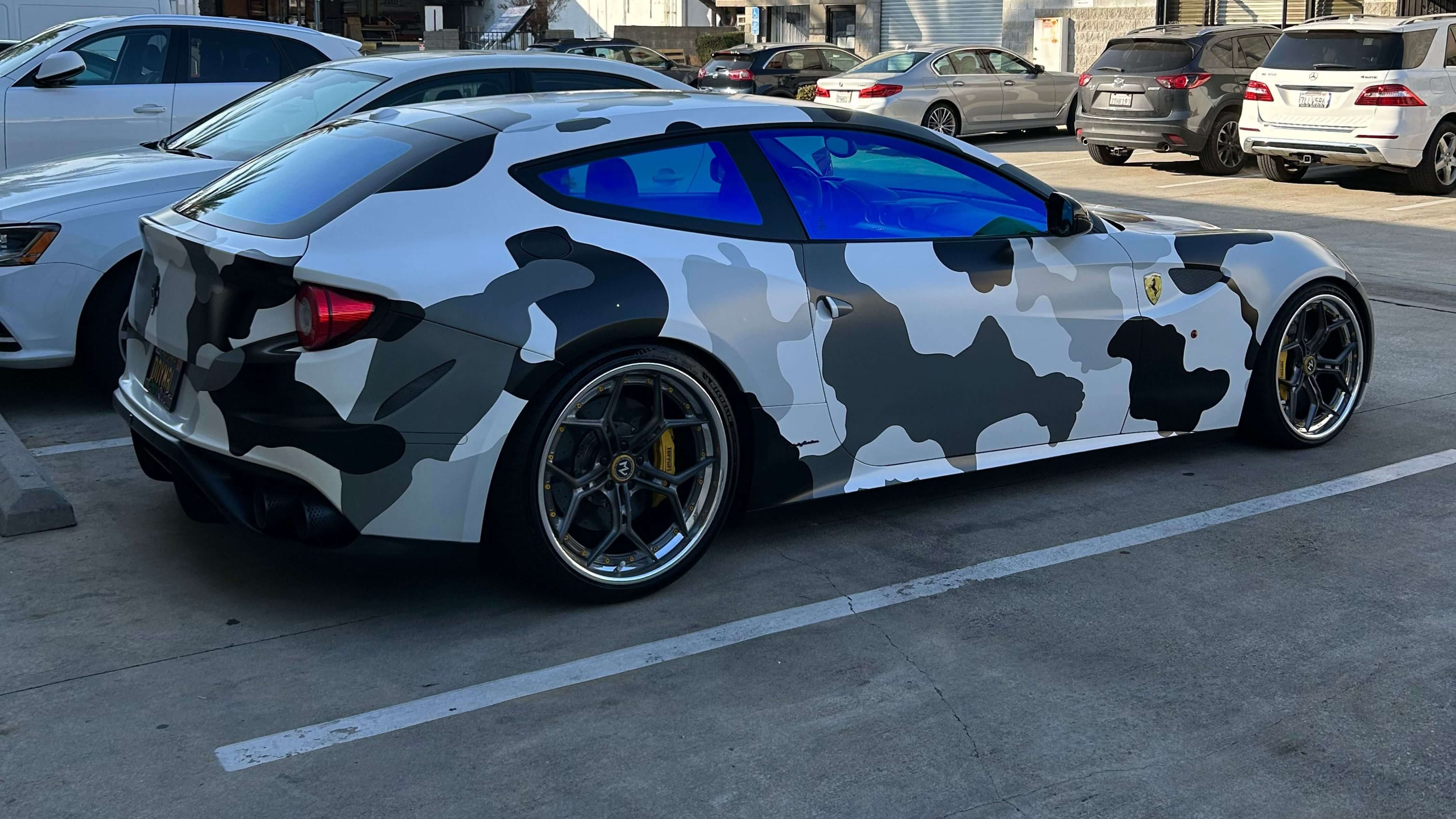Does tint help with heat in car?
Well, does a polar bear enjoy a snow cone? Does a fish fancy a good swim? Does your cat secretly plot world domination while you’re asleep? The answer is an emphatic, resounding YES! And I’m here to tell you why tinting your car windows is not just a good idea—it's the best idea since someone decided to put wheels on a box and call it a car.
Imagine you're cruising down the highway on a summer day. The sun is blasting its rays with the relentless enthusiasm of a toddler after a bag of sugar. You’re sweating more than a politician during an ethics probe. The car interior is hotter than a jalapeño in a sauna. Enter car window tint: your knight in shining armor, your Gandalf at the bridge of Khazad-dûm, your very own savior in smoked glass.
Let’s get technical for a moment, because who doesn’t love a bit of science with their sarcasm? Car window tint is essentially a thin film applied to your car windows, and it does more than just make your ride look like something out of a James Bond movie. It’s a superhero in disguise, equipped with UV-blocking superpowers that can reflect up to 60% of the solar energy trying to turn your car into an oven. Yes, you heard that right. Tint doesn’t just help with heat; it goes to war with it.
You might be wondering, "But how much cooler will my car really be?" Picture this: you’re sitting in your car, windows untinted, and it’s like sitting in a microwave set to "melt the cheese." Now, slap on some premium tint, and suddenly you’re lounging in a cool, shaded oasis. It’s like going from the Sahara desert to the cool embrace of Atlantis, minus the water and mythical creatures.

Now, let’s address the elephant in the room—or rather, the sunbathing elephant in your car. Some skeptics might argue that tint is just a cosmetic enhancement for your vehicle. Granted, nothing says "stealth mode" quite like a darkened window, but the benefits go beyond aesthetics. Tint helps maintain the car’s interior temperature, reduces glare, and even protects your skin from harmful UV rays. It’s like wearing sunscreen while driving—without the greasy aftermath.
But wait, there’s more! Ever noticed how your car’s interior starts to look like a faded sepia photograph after a few summers? That’s the sun bleaching your seats, my friend. Tint helps preserve the vibrancy of your car’s interior, keeping it as fresh as the day you drove it off the lot. It’s like an anti-aging cream for your car, without the exorbitant price tag and questionable infomercial promises.
And for those of you who enjoy a bit of privacy from the prying eyes of the world, tint provides that added layer of mystery. It’s like driving your very own Batmobile—minus the grappling hooks and Christian Bale brooding in the driver’s seat. No more worrying about strangers peering in to judge your choice of in-car karaoke or witness your questionable dance moves at stoplights.
So, does tint help with heat in car? Absolutely, unequivocally, and undeniably yes. It’s the unsung hero of the automobile world, battling the solar onslaught one window at a time. If you haven’t yet embraced the cool, shaded glory of tinted windows, it’s time to join the ranks of the enlightened. Your car—and your sweat glands—will thank you.
In conclusion, if you want to keep your car cooler than a cucumber in a fridge, prevent your skin from getting sun-kissed (or sun-slapped, more like), and maintain a sense of mystery and allure, car window tint is your answer. So go forth and tint, my friend. May your drives be cooler, your skin remain unsinged, and your car look as sharp as a hedgehog in a tuxedo.

